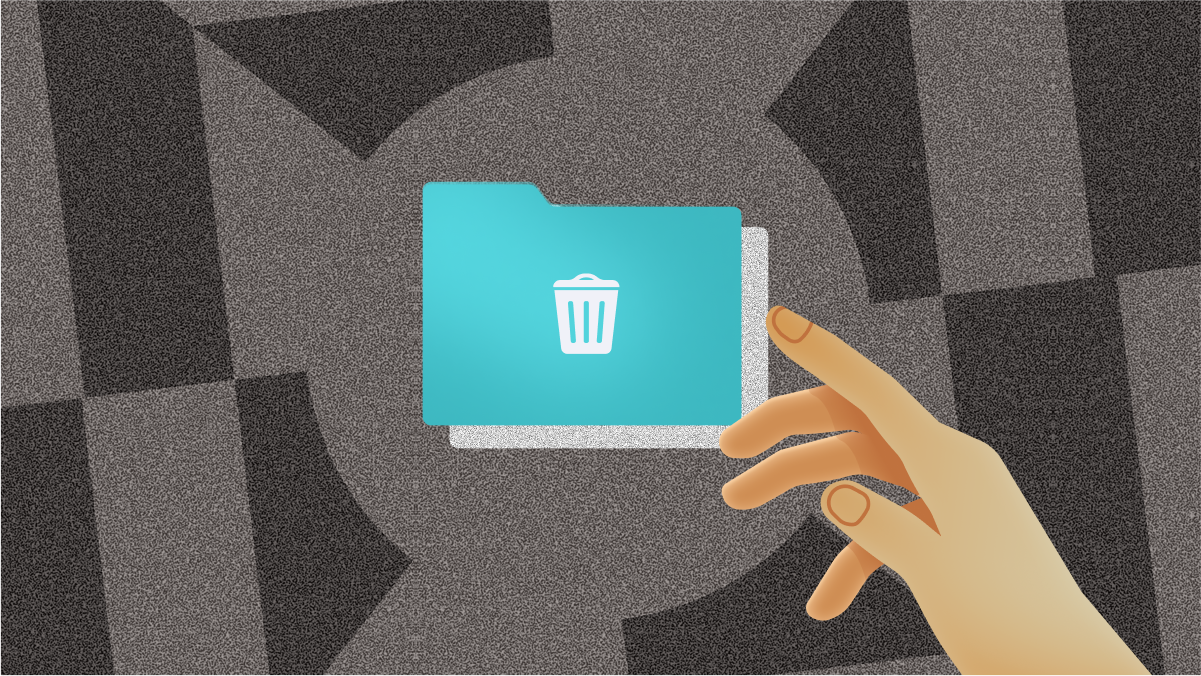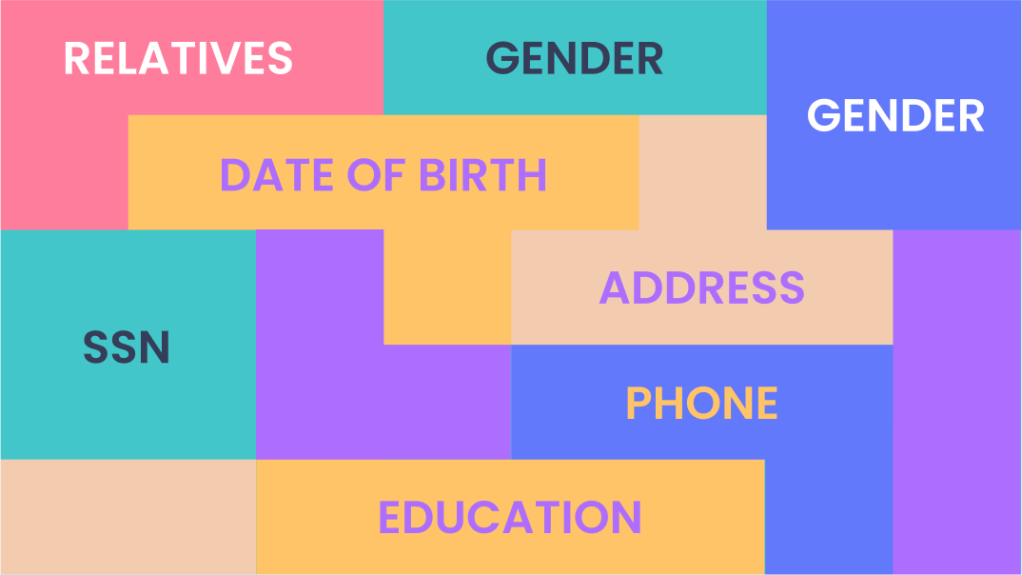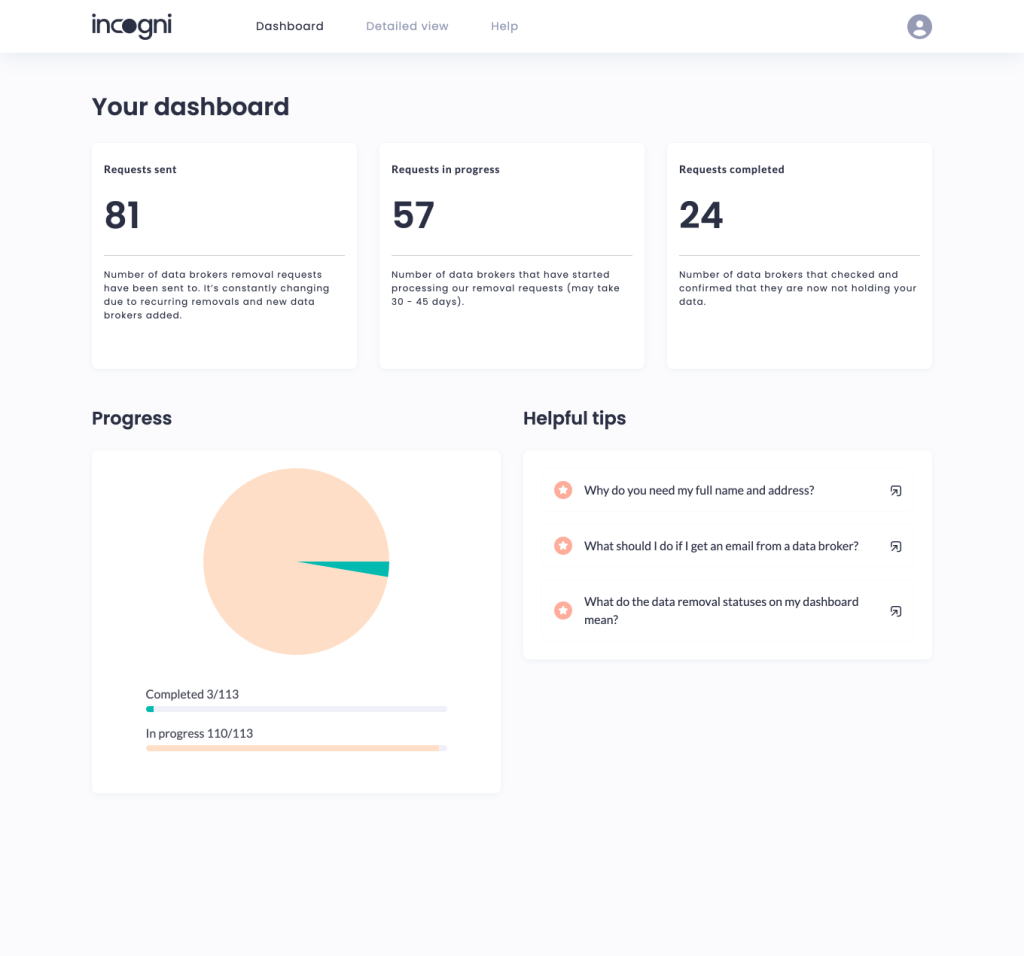
Have you ever done a Google search for your own name and been surprised at just how much information is available to anyone who wants to find it? Thankfully, you can take back the power, and your privacy, by following a few simple steps to get your information off the internet in 2024.
Why should you protect your info?
It’s 2024, and it’s clear as can be that AI has changed a lot about our everyday lives. On one hand, AI image-creation tools can generate realistic images, while auto-complete has become more clever than ever. On the other hand, people have found ways to use AI to do harm to others. For instance, there have been reports of scam artists using voice models to impersonate a target’s loved ones. The more information one of these scammers can find out about you, the more convincing their attack can be.
Beyond that, the simple fact of the matter is that everyone deserves to have their privacy respected. It shouldn’t be so easily possible to uncover someone’s private life with a quick search around the web. However, as it stands, you currently have to fight for that privacy.
- Take your information offline with 55% off an Incogni annual plan – Use code “9to5Google“
Remove unwanted Google Search results
For those in the US or the UK, Google actually offers a way to request that certain webpages – specifically those that reveal your personal information – be removed from its search results. Should you find a site with sensitive info, you can immediately submit a request to ensure it isn’t shown to future Google Search users. Meanwhile, to help you be more proactive about your internet privacy, Google also offers a “Results about you” feature that tracks down potential instances of your details being published online.
Importantly, however, this feature doesn’t take the information off the web entirely. If someone were to use a different search engine, they may still find the offending page.
For more information, you can check out Google’s guide to “Results about you” and the removal process.
Limit your social media presence
It may seem obvious, but another great way to keep your personal life off the internet is to not share it online in the first place. While social media platforms can be great ways to connect with one another, they can also be your weakest link in terms of digital privacy.
At a bare minimum, it’s a good idea to log in to your social media accounts and adjust who can see your profile, photos, and videos. For example, things posted to X/Twitter are permanently shared with the world unless your account is private, while platforms like Facebook allow you to fine-tune who can see your posts and profile details. Perhaps it’s fine if your friends and family can easily see things like your phone number, photos, or recent activities, but these details don’t need to be public.
And don’t just do this for the platforms you still actively use. Your long-abandoned account on Facebook, MySpace, etc., could still have details and photos that you don’t realize are still being shared. If you aren’t using those accounts anymore, back up all of your photos and memories then delete the accounts altogether.

Remove yourself from internet people search sites
Another all-too-common way that your private life can end up online is through the work of “data brokers.” These brokers buy and sell details about individuals from all walks of life, making a profit from the invasion of your privacy. Sometimes, prospective employers and insurers will use information from data brokers to learn more about you. Worse, those same details can wind up in people search websites, meaning that anyone willing to pay a subscription can potentially find out things like your phone number, where you live, who you’re connected to, and more.
While these data brokers are required by law to take down your information if you formally request them to, it’s a frustrating process that you’d need to repeat for each one that has your details. Worse, if they can find your information again after that requested removal, it can be listed all over again.
Fortunately, this isn’t a lost cause, thanks to our trusted friends at Incogni.

Incogni, created by the cybersecurity experts at Surfshark, takes away the hassle of regaining your internet privacy by fighting the data brokers on your behalf. All you have to do is tell Incogni a bit about yourself so that it knows when someone is selling your privacy.
From there, Incogni handles all of the rest, removing your information from the many data brokers and resolving any disputed claims. You can even watch this as it happens through the included dashboard that shows the progress of each removal.
Better yet, you can take advantage of an exclusive 55% discount with an Incogni annual plan by using code “9to5Google” at checkout.
Let 2024 be the year you take your personal life off the internet and regain your privacy. If you want to learn more about how to stay safe online and maintain digital privacy, be sure to follow Incogni on X/Twitter.
FTC: We use income earning auto affiliate links. More.
Comments